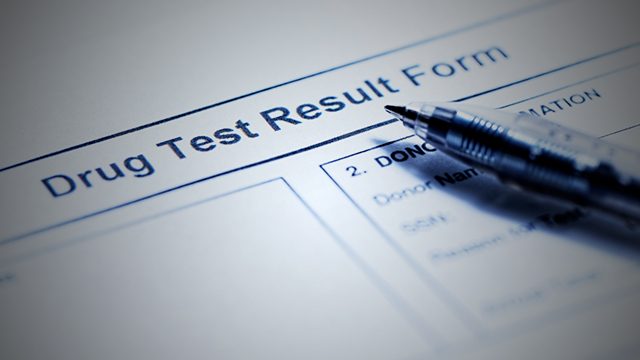SUMMARY
This is AI generated summarization, which may have errors. For context, always refer to the full article.

MANILA, Philippines – Human Rights Watch (HRW) on Friday, August 11, said that the mandatory drug testing for all college students and applicants places them in a vulnerable position given the rise of drug-related killings in the Philippines .
“Imposing mandatory drug testing of students when Philippine police are committing rampant summary killings of alleged drug users puts countless children in danger for failing a drug test,” Phelim Kine, HRW deputy director for Asia, said.
The Commission on Higher Education (CHED) recently approved Memorandum Order Number 64, series of 2017, which effectively allows higher education institutions (HEIs) to carry out drug testing.
The implementation in specific schools, however, should come after consultations with students. CHED also requires confidentiality of results, adding that it would sanction school or medical staff who would breach the rule.
Despite this guideline, HRW warned that mandatory drug testing will put the students “in the crosshairs of Duterte’s abusive war on drugs risking the creation of a school-to-cemetery track for students testing positive for drugs.”
The administration of President Rodrigo Duterte has been widely criticized for its bloody anti-illegal drug operations which has yielded 3,451 dead as of July 26, according to data from the Philippine National Police (PNP).
Focus on education
Instead of “making them targets for unlawful killings,” the Philippine government should further its efforts in educating the youth on the health hazards of illegal drugs. (READ: Briones: Schools must teach ‘real life stories’ on dangers of drugs)
“Education officials should be protecting students, not putting them in harm’s way through mandatory drug tests,” the New York-based organization said.
Several youth groups have also opposed the drug testing.
The National Union of Students of the Philippines (NUSP) said that it cannot allow the Duterte administration’s Oplan TokHang to be implemented in an academic environment. (READ: Mandatory drug tests could lead to ‘tokhang’ in schools, warns students’ union)
Oplan TokHang, a contraction of the Visayan words “toktok” (knock) and “hangyo” (request), is the PNP strategy of literally knocking on the doors of suspected drug users and pushers to give them a chance to change their ways. – Rappler.com
Add a comment
How does this make you feel?
There are no comments yet. Add your comment to start the conversation.